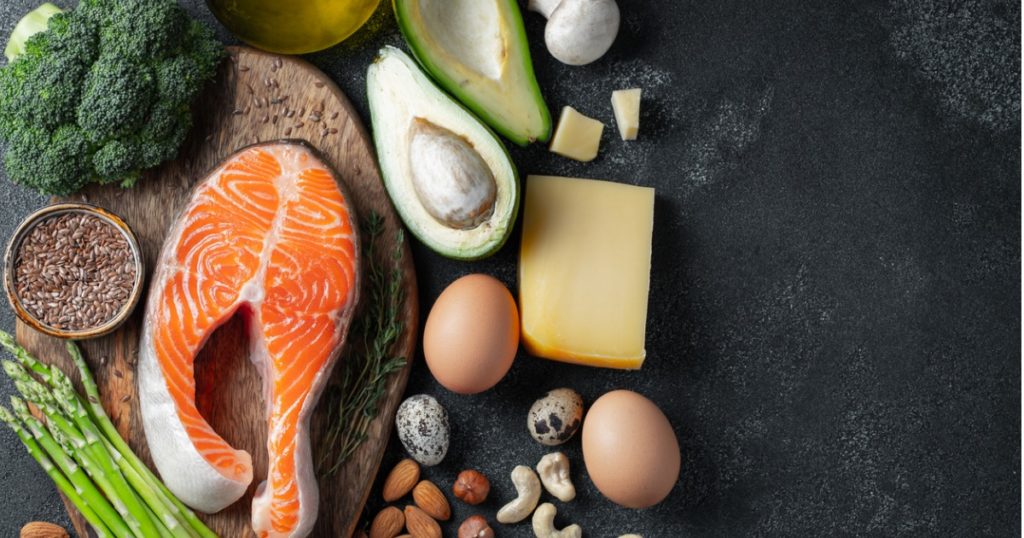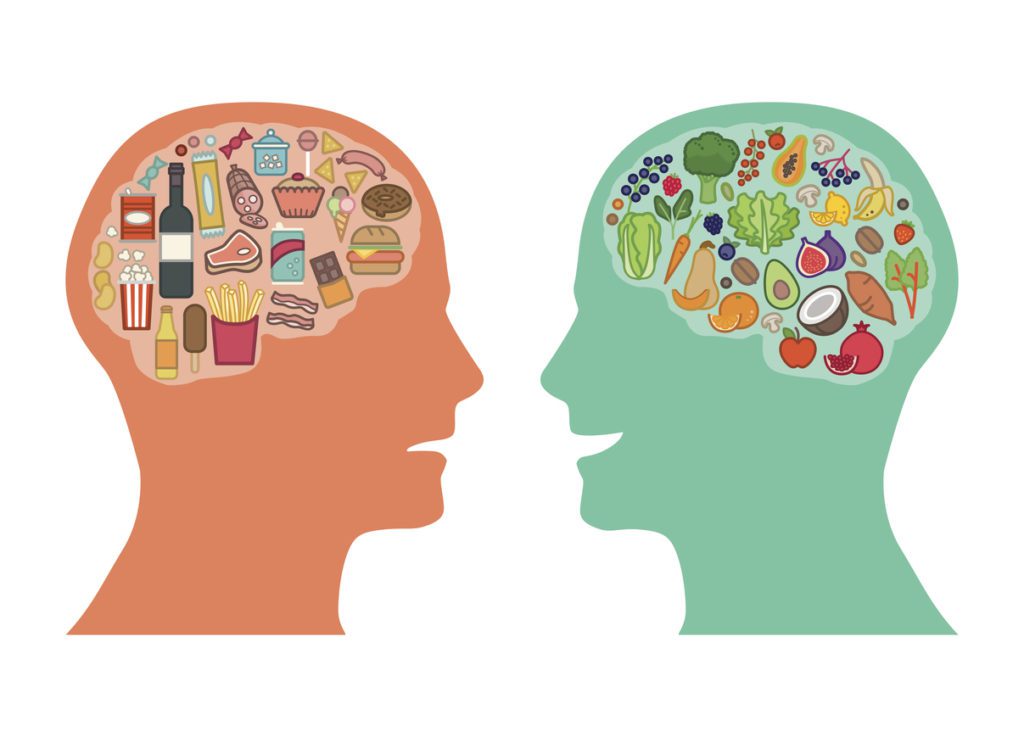From a certain perspective, nutrition science can seem like a mess. From another, it illustrates the very nature (and beauty) of the scientific process. Here we’ll explain why nutrition science is so confusing at times. We’ll also explain why, in the grand scheme of things, that’s okay.
++++
I recently participated in a health and fitness roundtable at a large event.
During the discussion, one smart, educated, PhD-trained expert complained about the state of nutrition science.
“You nutrition people make me mad!”
“Why so much conflicting information?”
“Why so much nonsense?”
“Why can’t you make it clear and simple?”
I can totally empathize.
From a certain perspective, nutrition science can seem like a mess.
Lots of competing theories. One study seems to suggest one thing. The very next study seems to say the opposite.
People interested in health, fitness and wellness are stuck in the middle. Confused. Directionless.
From another point of view, that “mess” of competing ideas demonstrates the real beauty of science.
You see, science means putting all the ideas — good, bad, otherwise — into the ring and letting them fight it out over hundreds of years, using a particular method to determine the winners.
And that’s precisely why nutrition science is so confusing at times. We haven’t yet had the hundreds, even thousands, of years for the best ones to emerge.
For example, macronutrients (fat, carbohydrates, and protein) weren’t even discovered until the mid-1800s. Vitamins weren’t discovered until the 1900s.
And that’s just the study of what’s in food, driven by problems — malnutrition and starvation — that we don’t face as often today in industrialized countries. (They’re still a problem in many parts of the world, though.)
It’s only in the last 20 years that we’ve begun studying newer problems, such as what’s healthy in a world full of tasty processed food and very little movement.
Just so you know, all scientific disciplines begin with confusion, dead ends, frustration, and silliness. (Before humans understood weather patterns, a tornado happened because someone angered the wind gods.)
But what’s young is destined to mature.
Nutrition science will eventually grow up.
Perhaps not as quickly as we’d like. Yet over time, the scientific method will cut and prune and do its work.
Meanwhile, here’s a nice summary of 9 main reasons why nutrition science can be so confusing at times.
And why (sometimes) the media screws up reporting it.

There you have it: Why nutrition science is so confusing at times. And why (sometimes) the media screws up reporting it.
Print out or save the infographic as a reminder when you’re feeling frustrated with nutrition research. And please share with a friend, client, or colleague who might benefit from it.
References
Click here to view the information sources referenced in this article.
If you’re a coach, or you want to be…
You can help people build sustainable nutrition and lifestyle habits that will significantly improve their physical and mental health—while you make a great living doing what you love. We'll show you how.
If you’d like to learn more, consider the PN Level 1 Nutrition Coaching Certification. (You can enroll now at a big discount.)


Share